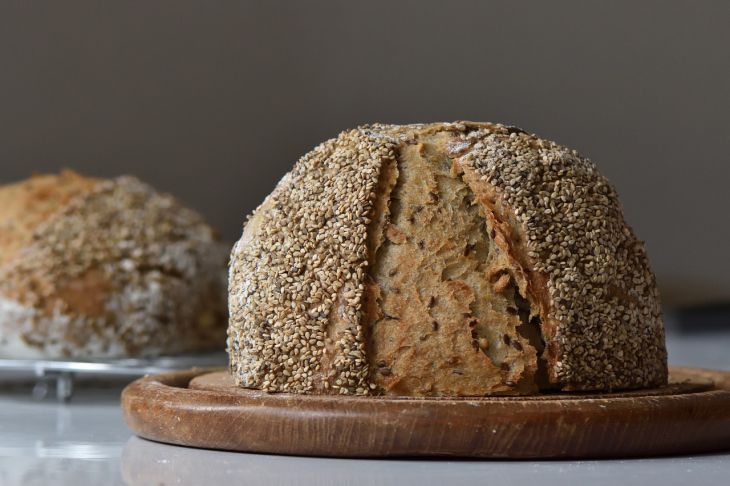Since ancient times, bread has been considered the main thing on the table. But modern scientists say that in addition to benefits, the product also brings harm to the body.
Today, many citizens are interested in the ideas of a healthy lifestyle and healthy eating, monitor their health and refuse harmful products. For some, this may be bread.
What you need to know about bread
Firstly, bread can cause an increase in blood cholesterol levels.
Secondly, insulin resistance may develop if the product is overused.
Thirdly, like any baked goods, bread can cause excess weight gain, which is associated with diabetes, obesity, heart disease and vascular disease.

Benefits of bread
Even for a healthy person, bread remains healthy only if the daily calorie intake is met.
It is important to take into account age and gender, weight and height, as well as lifestyle and activity level.
Bread itself is a source of carbohydrates, i.e. a charge of energy for the body.
But it is important that the diet is balanced, and if possible, you should avoid eating bread after 4-5 pm.
If you lead an active lifestyle, you can safely eat 2-3 slices of bread per day.
Which bread is healthier?
Many people think that this is yeast-free bread. This bread is kneaded with natural leaven and contains magnesium and manganese, iron and copper, phosphorus and selenium, sodium, carbohydrates, omega-9.
But excessive consumption of any bread is harmful to health.
Contraindications
Patients diagnosed with diabetes are advised to consume whole grain bread and only in moderation.
And in case of chronic gastrointestinal diseases, bread can increase the symptoms of the disease, so you need to be extremely careful.
Previously, we talked about what to add to your diet to speed up weight loss .








